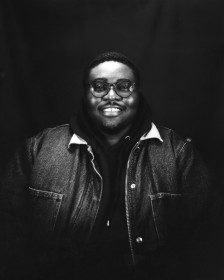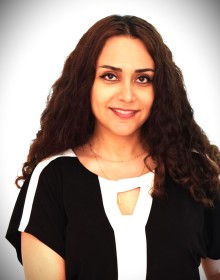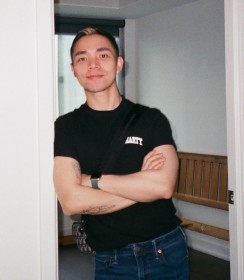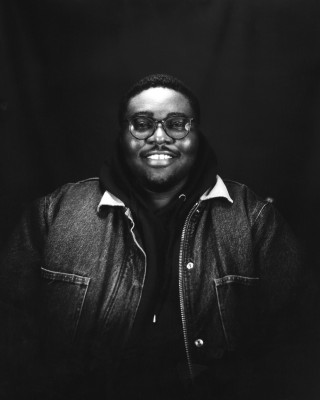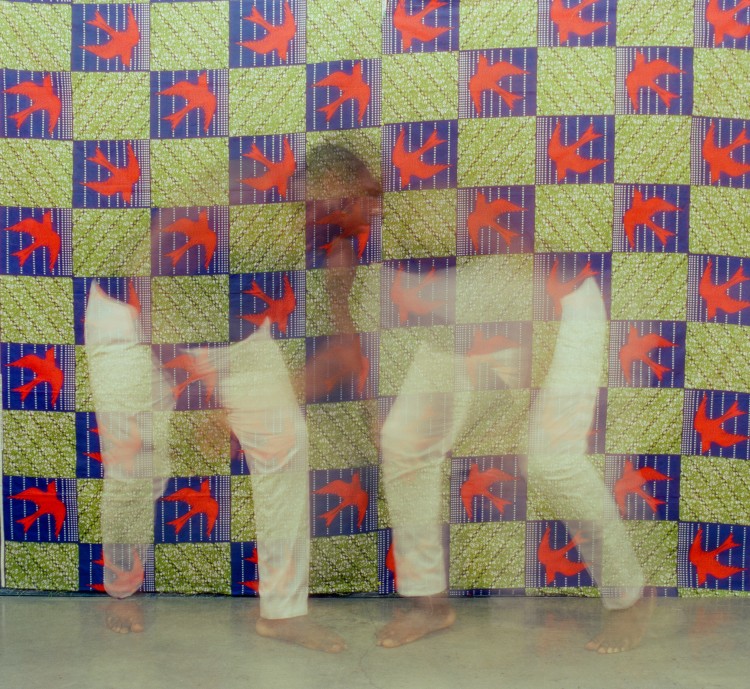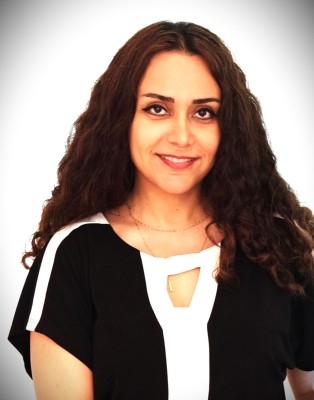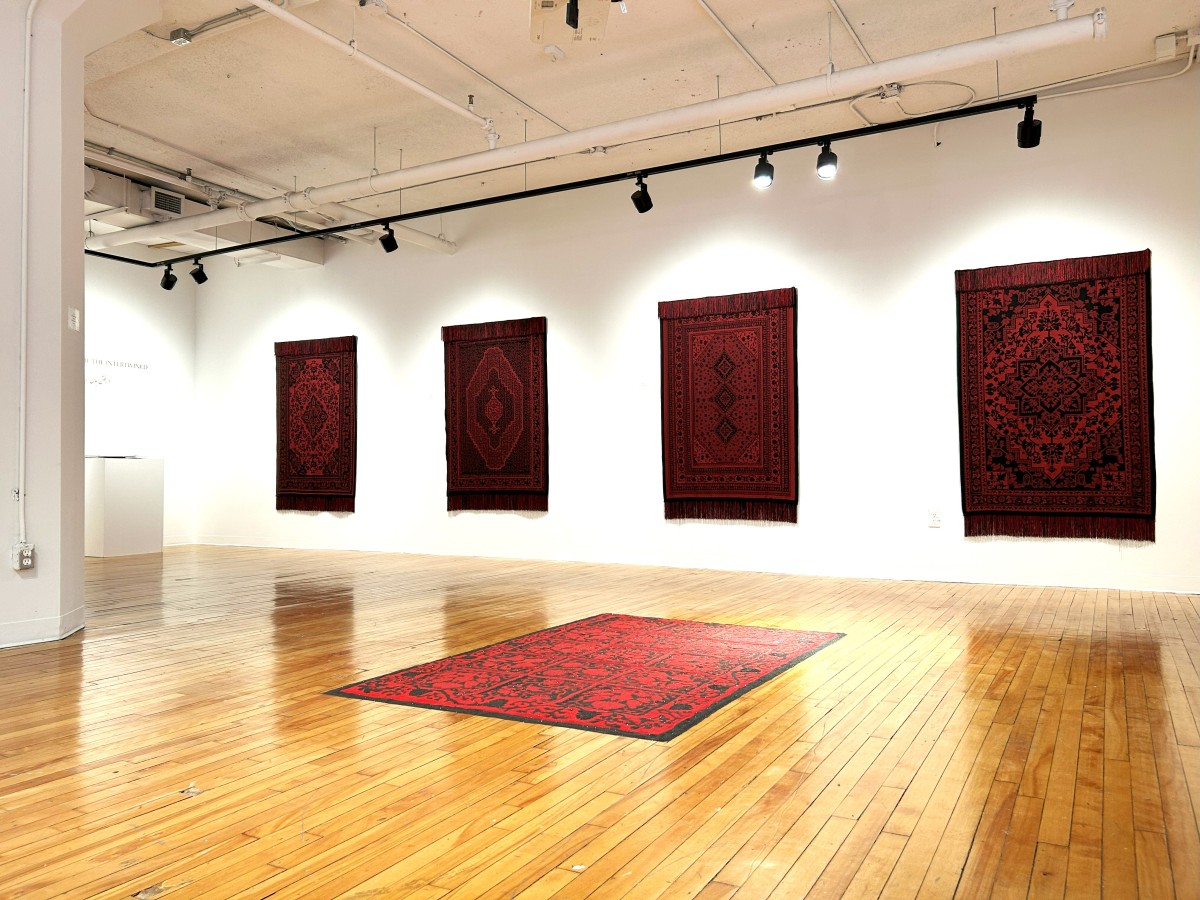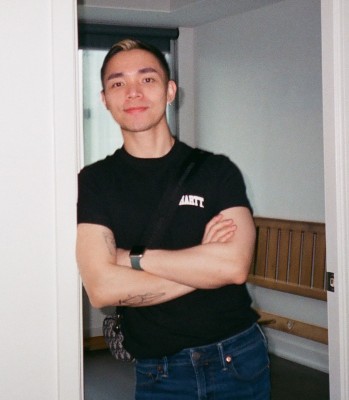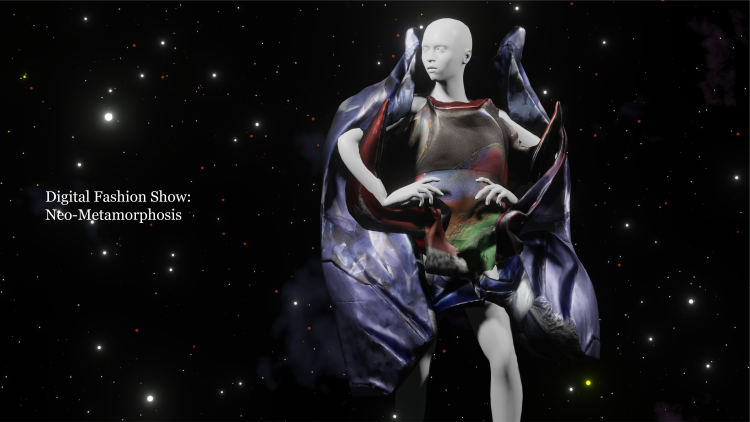Delali Cofie
Delali Cofie is a Ghanaian-Nigerian photographer currently living in Toronto, Canada. Through storytelling they engage in multiple genres of photography such as fine art, documentary, and fashion. Their personal work captures subtle beauty whilst exploring themes of family, self-formation, and becoming, either through documentation or through abstract approaches to photography. Cofie primarily uses analogue cameras to create my images, which consider the medium’s colonial history and gives it new meaning through the agency to craft and capture our own stories. Their work details a duality between the contemporary perspective of African Lineage and the mundane documentation of black lives.
The aim of my research project would be to explore communal relationships with the physicality of photography. Examining the AGO’s photography collection, I hope to explore abstract and/or historical approaches to photography and its presentation, that can be integrated with material use. I am particularly fond of sculptural photography that presents images through both organic and inorganic objects, such as chlorophyl printing on plants or image transfers onto wood or textiles. So, I am wondering how this approach to artmaking connects with and creates meaning for communities. I believe this research project would broaden my understanding of how photographs can be presented and influence my thinking and approach to creating photographs, with the intention of presenting them as materials. I hope to use knowledge gained from this experience to further my recent explorations of textile sculptures, deepening my own relationship between photography and other mediums. collections of photography to contemporary arts programming at the AGO?
Raha Fard
As an Iranian female artist, living in self-imposed exile in Canada, and as a cancer survivor, I interrogate my feminine body and my soul, about what I have experienced in my social-political time and place. The indexical imprints of my body recollect my memories of my homeland and the trauma that resonates through the afflictions of the chronic pain I had experienced. This creates an unsettled ambivalence between the trauma state in my homeland and the longing for my cultural comforts of lost family kinships while existing between two spaces of Iran as a memory and Toronto-Tkaronto, Canada as a physical space. My mind is in one space and my body is in another space while my soul lingers in the space in between. The Persian rug acts like a memory with impressions of my body both visible and invisible, at the same time it creates a transitional state between culture and the personal.
My research will focus on the purview of women in a social-political context in AGO collections, including the works made by artists, especially women artists who come from countries that were hit by political traumas, or artists who have spectated the women’s traumatized bodies through the vision of the receiving society. In the interdisciplinary collections, I will investigate the history of incorporating women's bodies into a political context. Who was the artist that created the piece, and what was their social, and economic level in the society? What was women's situation at that time in the country they were coming from, or they lived in? How the work, was reflected by the people, and the government at the time? When and why was it decided to be included in AGO collections? I intend to find a way forward to bring the Iranian diaspora's women bodies into my work- not limited to their educational, social, or economic levels- to create a visual history of the feminine Iranian body.
Neo Chen
Neo Chen is a designer, artist, and maker with a degree in Fashion Design from Parsons School of Design in New York and a Master’s degree, awarded with Excellence in Creative Work, from OCAD University in Toronto. While he enjoys creating physical garments and accessories, he is also captivated by the potential of interpreting fashion in the digital realm. His latest research explores the transformation and comparison between materiality and immateriality, investigating what is gained and lost in the transition through the fusion of handmade paper origami and photogrammetry (3D scanning) techniques.
Neo-Metamorphosis" is an avant-garde digital fashion exhibition featuring six meticulously crafted looks inspired by origami and brought to life through photogrammetry (3D scanning). Employing 3D image-based photogrammetry techniques, each intricately handmade origami piece was captured and translated into digital replicas. Within the realm of a 3D software interface, these digitized origami creations were artfully draped onto digital bodies, culminating in a digital fashion show. This project serves as an exploration of transformative materiality, offering a glimpse into the future possibilities of digital fashion.
Neo's proposed research will delve into the transformation between physical and digital materialism. Conversations with the AGO's conservation department about using 3D scanning with MRI machine technology will help shape further ideas about transforming physical forms into digital ones. Additionally, Neo is engaging in discussions with the Edward P. Taylor Library & Archives on paper arts, pop-up books and imprinting.

